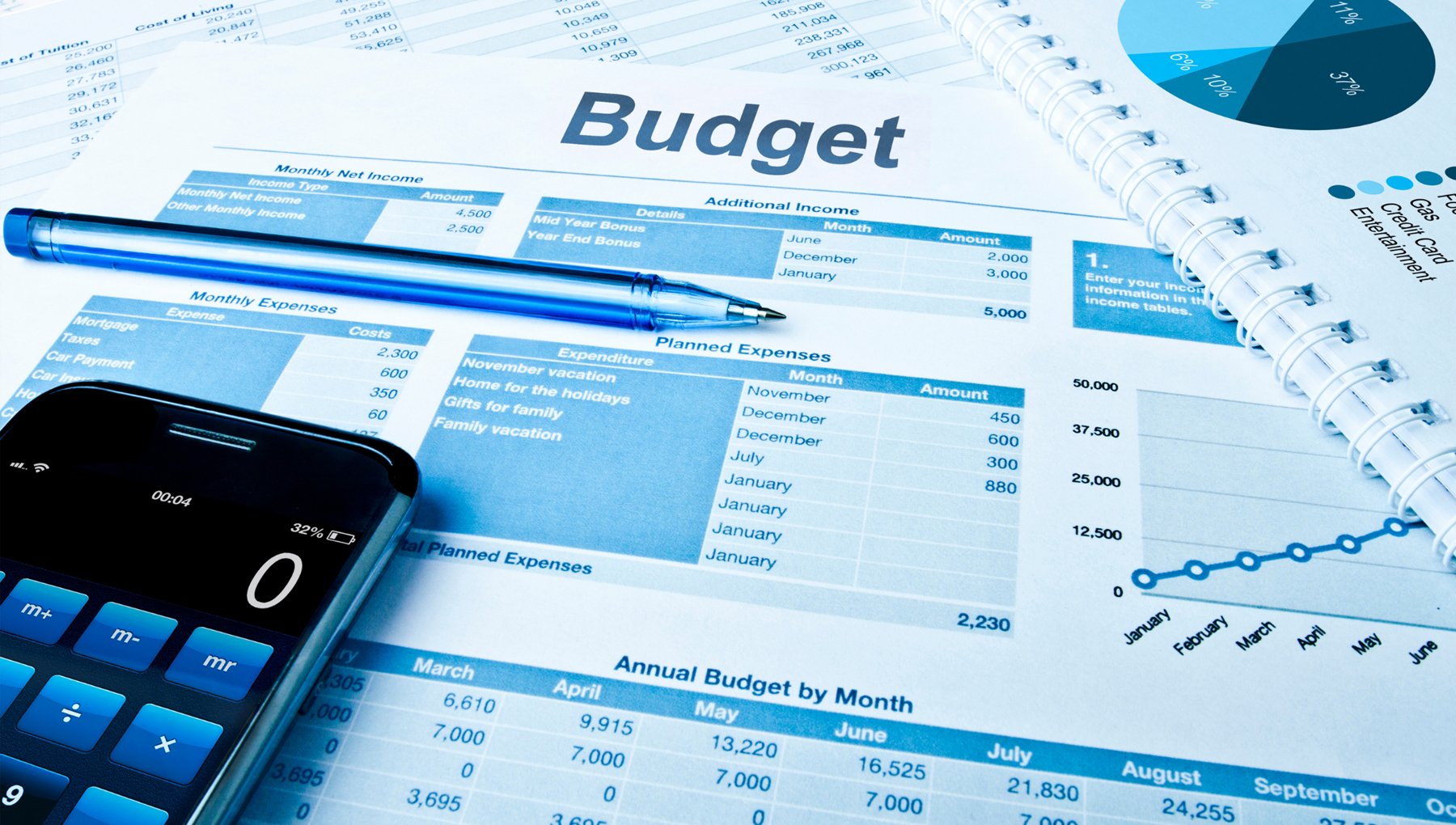The starting point for any consideration of business management, as we know, is the financial statements.
However, we also know that, if taken in its “statutory” form, the financial statements do not offer a useful interpretation for management control purposes, so before any consideration or analysis, they must be reclassified. From the financial statement analysis it is possible to derive elements of judgment on the company’s financial, economic and asset situation.
However, the real utility of management control is in predicting exactly what will happen, and, not simply or exclusively, analyzing actual data.
Whether in more complex organizations or in SMEs, the budget always consists of two main parts:
- Financial Budget, which represents expected cash flows, derived from economic forecasts, planned investments and cash movements. In practice, it consists of the sources-uses statement (sources: self-financing from earnings management, increases in short- and medium- to long-term debt, disinvestment of fixed and working capital; uses: investment in fixed assets, increases in receivables and inventories, debt repayments, dividend payments, and repayments of equity) and the cash or treasury budget.
- Economic or operating budget, which represents the budgeted income statement. This part of the budget will assess objectives related to typical income statement items (costs/revenues) of the company, such as: value of sales (sales related to products and/or services), raw materials (from inventory or purchased during the year), estimated labor costs, overhead costs, etc.
VARIANCE ANALYSIS: PURPOSE OF IT/ ITS PURPOSE
The Corporate Budget has, in essence, the dual function of planning and control.
- Planning: the Budget stimulates the entrepreneur to define business priorities and distribute resources in a logical and reasoned manner.
- Control: having a predefined Budget allows, through the analysis of variances throughout the year, to check the final data and evaluate deviations from what was planned.
Planning and Control are two really crucial phases because they drive the continuous improvement process that characterizes innovation-oriented enterprises.
In other words, the Budget is a most useful tool for improving business management because it allows the entrepreneur to:
- plan the activities of the next fiscal year, starting from a precise data base;
- allocate available resources in the various business functions;
- check whether the company is on track with regard to the plans.
Making Budget means, therefore, being able to start a new prepared exercise: basically, thanks to the Budget, the entrepreneur can follow a well-defined course, thus being able to periodically evaluate the route taken
Alongside the forecasting function, the budget, therefore, takes the form of a navigator for the company, which allows it to define a path to follow, checks that there are no deviations to the set path and coordinates activities in order to achieve the set goals.
MANAGEMENT CONTROL AND BUDGET: PREDICTIVE RATHER THAN CONSUMPTIVE PURPOSE
The Budget is one of the most relevant operational tools for Management Control.
In the context of management control systems, the budget plays a very important role, not only as a general operational reference on the company’s performance (in comparison with what is expected), but also because, in its preparation process, it promotes the communicative interchange between the different business areas that compare their needs and performance.
The determination of expected costs and revenues, as well as the sources/uses pattern, is a complex activity whose goal is to obtain a forecast document that is consistent and adequate to pursue expected results and compatible with available financial resources (see also: “DON’T BE SURPRISED BY YOUR BUDGET FREE LIVE WEBINAR”).
It is also necessary to take into account the strategy the company decides to follow and the goals it wants to achieve. Thanks to corporate budget planning, it is possible to intervene effectively and efficiently on any unforeseen events and, through its control, it is possible to compare budgeted data with actual data.
The entrepreneur not only needs to know how it went (actual) but also, and more importantly, to know how it will go (predictive).
With management control, and with budgeting in particular, you build a predictive management system that is simple, effective, and above all affordable for every company.

